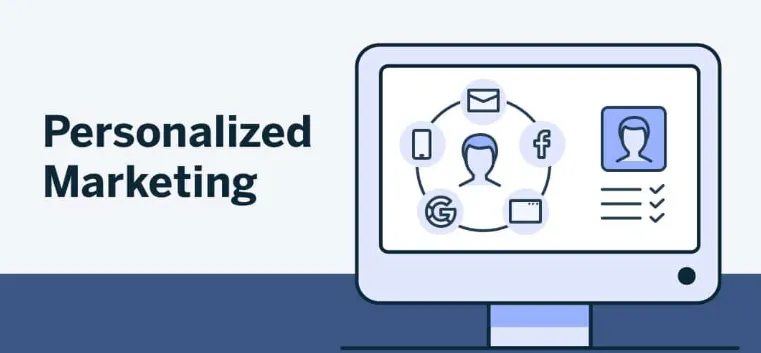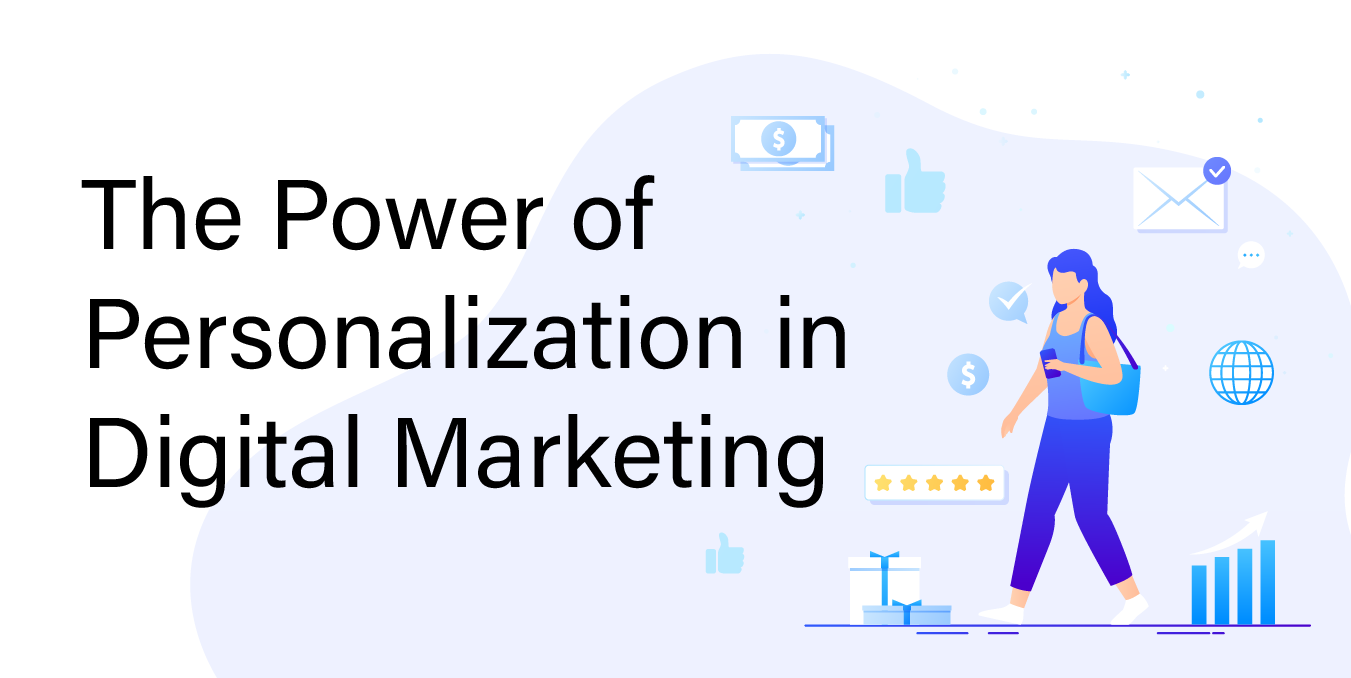In today’s fast-paced and hyper-competitive business world, marketing has become an art of precision and personalization. No longer is it enough to simply broadcast a message and hope it resonates. Consumers now expect brands to understand their needs and preferences, and to deliver tailored solutions that cater to their specific desires. One of the most effective ways to achieve this is by focusing on personalized marketing strategies, which not only engage the target audience but also build stronger and longer-lasting relationships with customers.
Understanding Personalized Marketing

Personalized marketing is the practice of tailoring messages, products, or services to individual consumers based on their behaviors, preferences, and needs. With the advancement of digital technologies, businesses can collect vast amounts of data, enabling them to develop highly targeted marketing campaigns. Whether it’s through email marketing, social media, or even direct advertising, personalization allows businesses to speak to their customers in ways that feel more relevant and human.
The shift towards personalization has been driven by a few key trends. First, consumers have more choices than ever before, and standing out from the competition requires more than just offering a great product. Businesses need to forge personal connections with their audiences to win their loyalty. Second, the rise of data analytics has empowered marketers to gather insights about their customers in ways that were once unimaginable. With the right data in hand, businesses can segment their audiences more effectively and develop personalized campaigns that are likely to convert.
The Role of Customization in Physical Marketing
While digital marketing is often the first thing that comes to mind when we think about personalization, physical marketing tools still play a vital role. One of the most effective examples of this is custom business cards. Despite the prevalence of online networking and virtual meetings, the simple act of handing out a well-designed, personalized business card can leave a lasting impression on potential clients or partners.
Custom business cards serve as a tangible representation of your brand. A unique design tailored to your business can set you apart from the competition and communicate professionalism, creativity, and attention to detail. Moreover, by including personalized elements—such as a message targeted toward the recipient or a design that reflects your business’s values—you can turn a simple business card into a memorable marketing tool. In an increasingly digital world, personalized physical marketing items, like custom business cards, offer a way to create a personal connection that often gets lost in digital interactions.
Benefits of Personalized Marketing
Higher Engagement Rates: When customers feel like a brand understands them, they are more likely to engage with marketing materials. Personalized email campaigns, for example, tend to have higher open and click-through rates compared to generic emails.
Improved Customer Loyalty: Personalization helps foster stronger relationships with customers. By consistently delivering tailored experiences, brands can build trust and loyalty over time. Customers who feel valued and understood are more likely to stick with a brand, recommend it to others, and make repeat purchases.
Increased ROI: Personalized marketing tends to be more effective in driving conversions. When marketing messages are targeted at the right audience with the right message, businesses can expect to see a better return on investment (ROI) compared to traditional mass marketing approaches.
Better Customer Insights: The process of gathering and analyzing customer data not only helps create personalized marketing campaigns but also provides businesses with valuable insights into their audience’s preferences and behavior. These insights can guide future product development, customer service improvements, and overall business strategy.
How to Implement Personalized Marketing
To successfully implement a personalized marketing strategy, businesses should start by collecting and analyzing customer data. This could include information about purchase history, browsing behavior, demographic details, and feedback from surveys or social media interactions.
Once the data is in place, businesses can segment their audiences and develop personalized campaigns. For example, a fashion retailer might create a marketing email offering specific clothing recommendations based on a customer’s past purchases or browsing history. In the B2B space, businesses could send personalized content or offers based on a client’s industry or role within their company.
It’s also crucial to continuously monitor and optimize personalized campaigns. Consumer behavior is dynamic, and what works today might not work tomorrow. By keeping a close eye on metrics such as engagement rates, conversion rates, and customer feedback, businesses can adjust their strategies and ensure they are always offering the most relevant and valuable experiences.
Read: Pedrovazpaulo Executive Coaching: Unlock your potential
Read: Pedrovazpaulo Business Consultant: Increasing business potential
Read: Paula Ebben
Read: Michelle Smallman
Read: Robots Dot To Dot Nattapong
Read: FTSE 100 Fintechzoom
Conclusion
In an era where consumers are bombarded with information from all directions, personalized marketing has become essential for businesses looking to stand out and connect with their audience on a deeper level. By using tools such as custom business cards and tailored digital campaigns, brands can create memorable experiences that drive customer engagement, loyalty, and ultimately, business growth. As the demand for personalized experiences continues to grow, businesses that invest in personalization will be best positioned for success in the competitive landscape.


